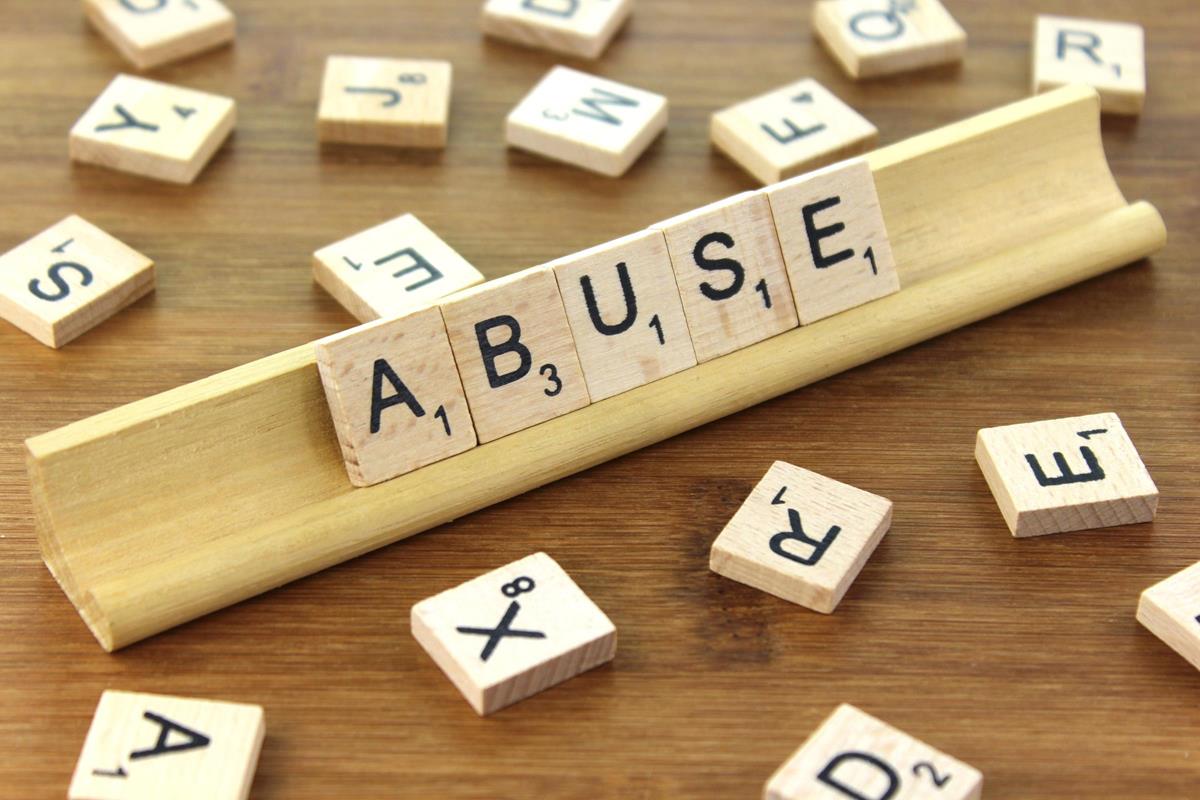Power and control has been used to make people feel better about themselves at the expense of their partner’s physical and mental health since the dynamics of relationships were first discovered. We would like to say that these particular people don’t realise what they are doing, or how they are making their partners feel, but the fact is that they are fully aware. It is their insecurities that dictate the dialogue they have with their partners, it is their feelings of inadequacy that direct their actions.
Power and control can be used to manipulate many relationships, domestic, professional and friendships. We can recognise it in a domestic setting, mainly between partners as this is something that has been highlighted and focused on. However there are other relationships that pass under society’s radar, because they are not spoken about much; relationships between colleagues, relationships between managers and their workers. Work makes up a large part of our lives, and if the people we work with use manipulation to try and control us, makes us feel bad, or increase the workload to such an extent that we start questioning our own skills then this is classed as emotional abuse.
 Many perpetrators act this way because putting someone down, or making someone feel bad about themselves is the fastest way that they feel better about themselves. Rather than looking inwards and asking ‘what do I need to work on in myself’, they project their insecurities, frustrations and fears onto you. So it’s your fault that the business is not successful, it’s your fault that they are not where they want to be in life, it’s your fault that they feel so insecure and inadequate in the relationship. By focusing on you, they absolve all self- blame; they believe that they are not in control of what happens to them, so therefore they can’t change it.
Many perpetrators act this way because putting someone down, or making someone feel bad about themselves is the fastest way that they feel better about themselves. Rather than looking inwards and asking ‘what do I need to work on in myself’, they project their insecurities, frustrations and fears onto you. So it’s your fault that the business is not successful, it’s your fault that they are not where they want to be in life, it’s your fault that they feel so insecure and inadequate in the relationship. By focusing on you, they absolve all self- blame; they believe that they are not in control of what happens to them, so therefore they can’t change it.
There are some perpetrators that may not realise that they are ‘taking out’ all their frustrations, anger and fears on you – this is called projection. Ultimately, it comes down to the same thing, it’s the fastest way to make themselves feel better, and by subconsciously projecting all their negative feelings onto you they don’t have to deal with their emotions.
In this post we look at the different areas where perpetrators can use power and control to manipulate the situation – this is predominantly based on a domestic relationship between two partners, however there are elements of abuse in there that will cross over to professional relationships and friendships.
Using Intimidation
- Making your partner afraid by using looks, actions, a certain tone of voice, gestures.
- Destroying their property.
- Abusing pets.
- Venting anger and shouting, but not directing it at them – this can cultivate feelings of fear.
- Smashing things.
- Displaying weapons.
- Getting very aggressive and defensive when they try to discuss their feelings.
Using Emotional Abuse
- Putting them down.
- Making them feel bad about themselves.
- Calling them names.
- Making them think they’re losing their mind.
- Making them think everything is their fault, so they are constantly apologising.
- Playing mind games.
- Talking down to them and humiliating them, both in public and in private.
- Making them feel guilty.
- Checking up on them.
- Constantly calling them.
Using Isolation
- Controlling what they do, who they see, who they talk to.
- Controlling where they go, creating a situation where they need to change their plans.
- Limiting their outside involvement, by keeping them constantly busy and overloaded with work.
- Using jealousy to justify actions.
Minimising, Denying and Blaming
- Making light of the abuse and not taking their concerns about it seriously.
- Saying the abuse didn’t happen.
- Shifting responsibility for abusive behaviour, saying that they caused it, it was their fault.
Using Children
- Making them feel guilty about the children.
- Using the children to relay messages.
- Using visitation to harass them.
- Threatening to take the children away.
Using Domestic Privilege
- Treating them like a servant.
- Making all the big decisions, without consulting them.
- Acting like the ‘master/mistress of the castle’.
- Being the one to define roles.
Using Economic Abuse
- Preventing them from getting or keeping a job.
- Making them ask for money.
- Giving them an allowance.
- Taking their money.
- Not letting them know about or have access to family income.
Using coercion and threats
- Making and or carrying out threats to do something to hurt them.
- Threatening to leave them.
- Threatening to commit suicide.
- Threatening to report them to social services.
- Making them drop charges.
- Making the do illegal things.
Now most of these behaviours seem like obvious abuse when we look at them objectively, but what if you don’t know about psychological abuse? What if you grew up witnessing it within your family? These behaviours can then seem normal; in all areas, professional and personal. If we care about the other person, or even care about our career, then things begin to get even more cloudy, we start overlooking comments, actions and behaviours for ‘the greater good.’ But how long for? At what point do we say that this behaviour is starting to hurt me and it needs to stop. For many of us, that point comes far later than it should.


Leave a Reply